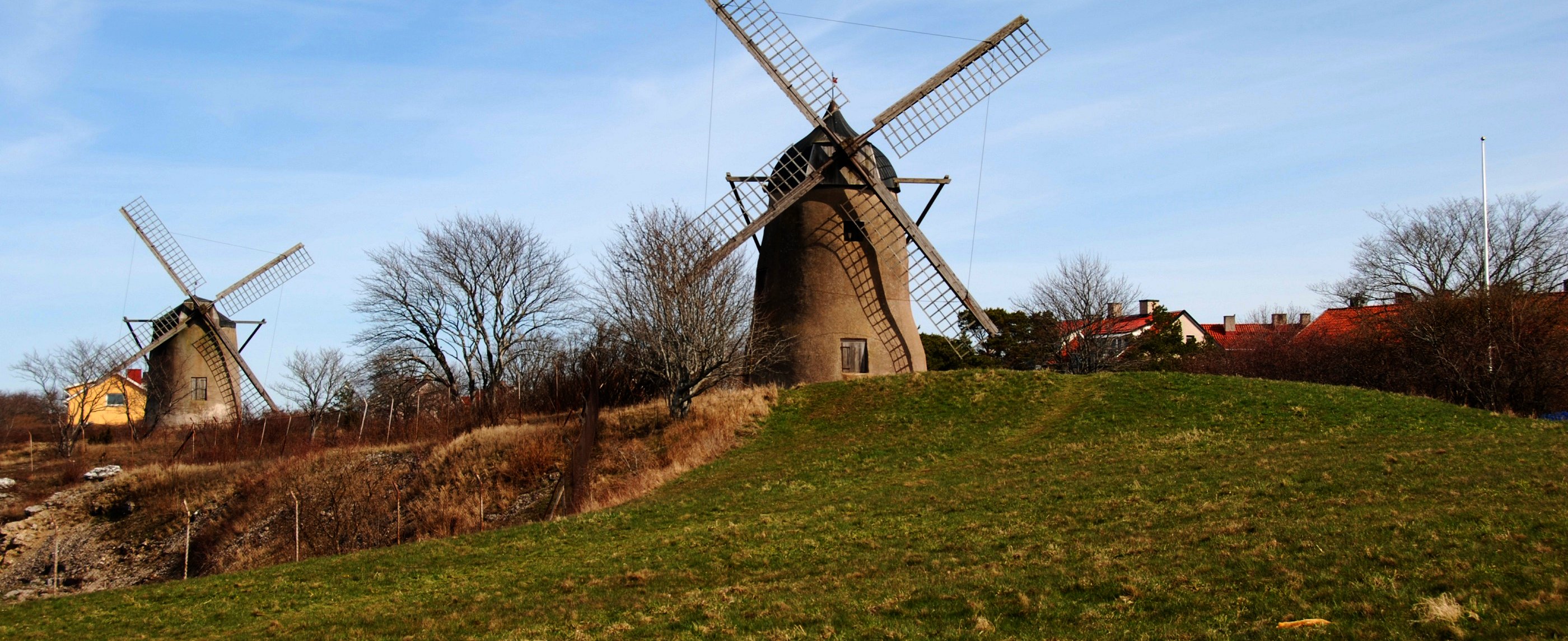Tilting at Windmills: The Fourth Estate in 2017
 Picture by David Broberg https://flic.kr/p/6HSZSR
Picture by David Broberg https://flic.kr/p/6HSZSR
Consider the above monologue from Aaron Sorkin’s short-lived The Newsroom, worth watching in full, my de facto manifesto for the continued importance of the Fourth Estate in this tumultuous time of mayhem and misinformation. Airing from 2012-2014, The Newsroom feels a world removed from the state of media in 2017, not because the show’s quixotic extolment of journalistic integrity has been rendered irrelevant by recent events but precisely because it predicted, with almost frightening accuracy, the relentless perversion of so-called New Media and citizen journalism. Sadly, Will McAvoy—the news anchor of Sorkin’s show-within-a-show and an obstinate interlocutor of the rigorous journalism I still wholeheartedly believe in—was confined by the uncompromising vision of his creator. Maybe both of us are just tilting at windmills, after all.
Thus, I cannot help but constantly ask myself: What is the McGill International Review’s raison d’être in May 2017, when Trump has so thoroughly degraded the office of the American presidency, when cross-cultural cooperation and diversity are considered tentative social experiments and historical anomalies rather than human progress, when Orwellian terminology like “alternative facts” and “fake news” have become part and parcel of mainstream media, when empirical and professional research can be so freely dismissed while outright fabrications are privileged as legitimate grievances?
Social media and other forms of contemporary digital communication can and should be wielded as powerful weapons to learn, educate, discuss, organize and—perhaps most urgently—empathize. Indeed, the ease with which one can now readily research and discover disparate sociocultural or political contexts from once-remote corners of the globe, often with the luxury of primary sources, is unprecedented in the history of mankind. How we use such versatile technology in practice, however, is another matter entirely. The resounding retreat of political partisans, from across the spectrum, into their respective “bubbles” of ideological support is one of many troubling issues accompanying contemporary media consumption. This phenomenon is far from limited to simple left-right dichotomies, political parties or even traditional philosophies like conservatism or liberalism. Rather, adherents of any sub-movement or faction—however radical, extremist or dogmatic—can connect with their ideological brethren at the touch of a button and are collectively empowered to emerge from the political fringes. Aberrantly, some of the foremost beneficiaries of New Media—hailed by leftists as a democratizing force for radical social change—have been authoritarian, energized extremist groups with little tolerance for individual dissent.
If anything should become abundantly clear over the course of this next year, I am a sworn enemy of inflexible ideologues, dogma and moralism, though I may have certain principles and overarching goals that indelibly inform my work. As editor-in-chief, I intend to further MIR’s exponential development as a versatile media platform where staff members and readers alike can explore their unique interests and curiosities, thus fostering a distinct brand of rigorous student journalism that stimulates productive conversation across divergent viewpoints and cultural contexts. Indeed, I feel an ideological mandate or rigid editorial line represents the antithesis of authentic education, the very purpose of a postsecondary institution of higher learning. Open-mindedness and tolerance are particularly paramount for MIR, being the foremost undergraduate publication of international affairs at a major research university where over 150 nationalities are represented in the student body.
I will never claim to speak for my staff. This summer, I edit roughly 7-10 articles per week, with that figure jumping to over 20 during the academic year. Simple logic tells me I will disagree with the central theses of several articles per week, with still more containing points of personal contention in their expanded arguments. I make this preliminary assumption with no trace of disdain; on the contrary, I say it with pride. One of McGill’s greatest impacts on me has been the ability to confront my own hypocrisies, and I believe this is a prerequisite exercise for substantive critical engagement with both academic coursework and media production. On that note, I aim for nothing less than a seismic shift in the way we—as students and intellectuals of international politics, but also intrinsically social creatures in a dizzying, abrupt age of interpersonal communication—approach media; to embrace a healthy standard of elitism in the journalism we champion, to become guarantors of truth and coveters of knowledge for its own sake rather than gluttonous consumers of [pseudo-]information that merely confirm our own biases and preconceptions, to keep the light on in our little corner of the world.
Welcome to MIR 2017-18.
-Benjamin Aloi, Editor-in-Chief
